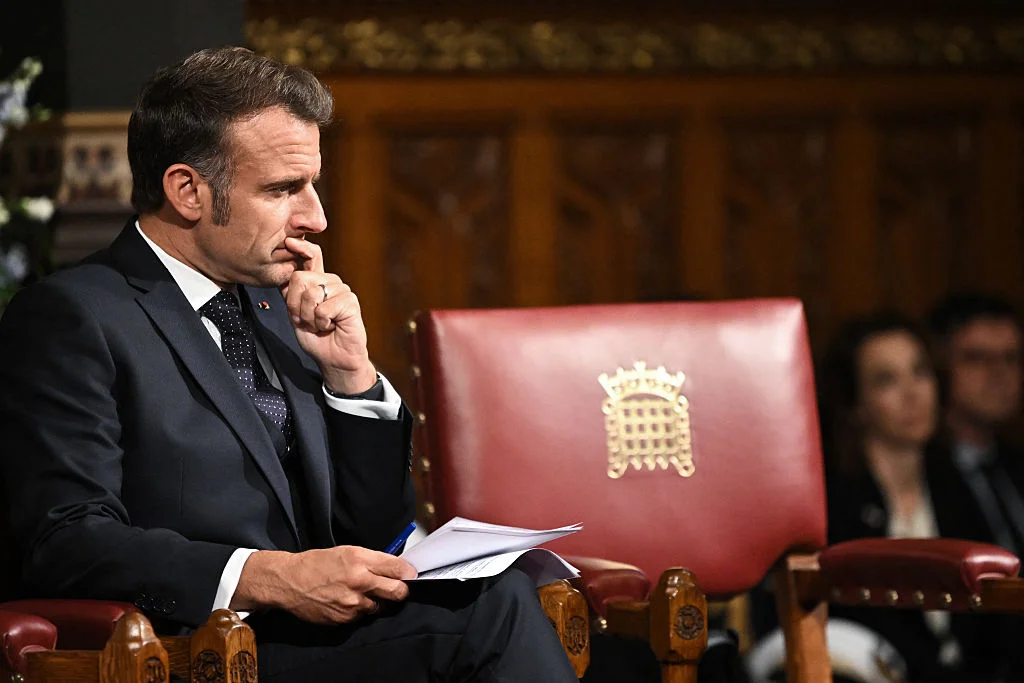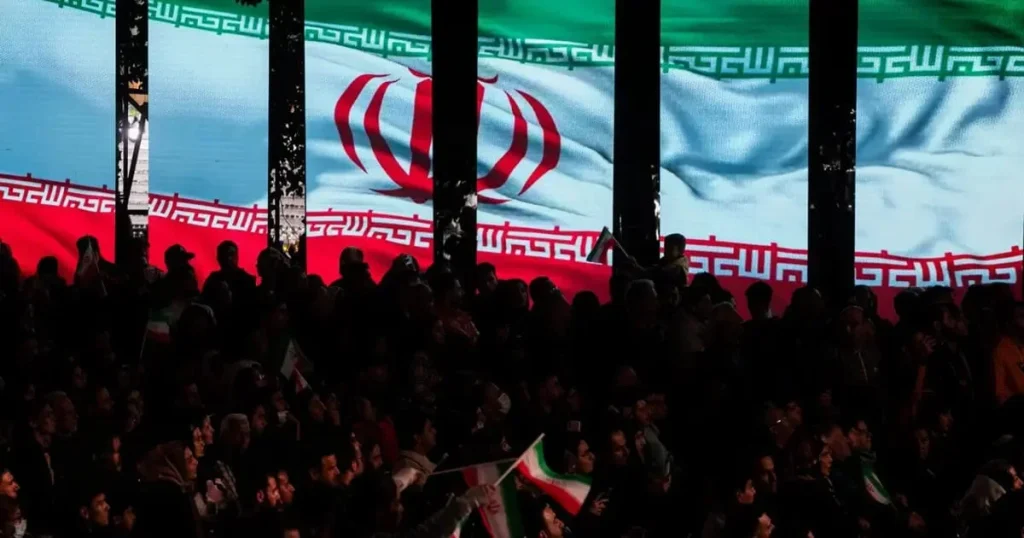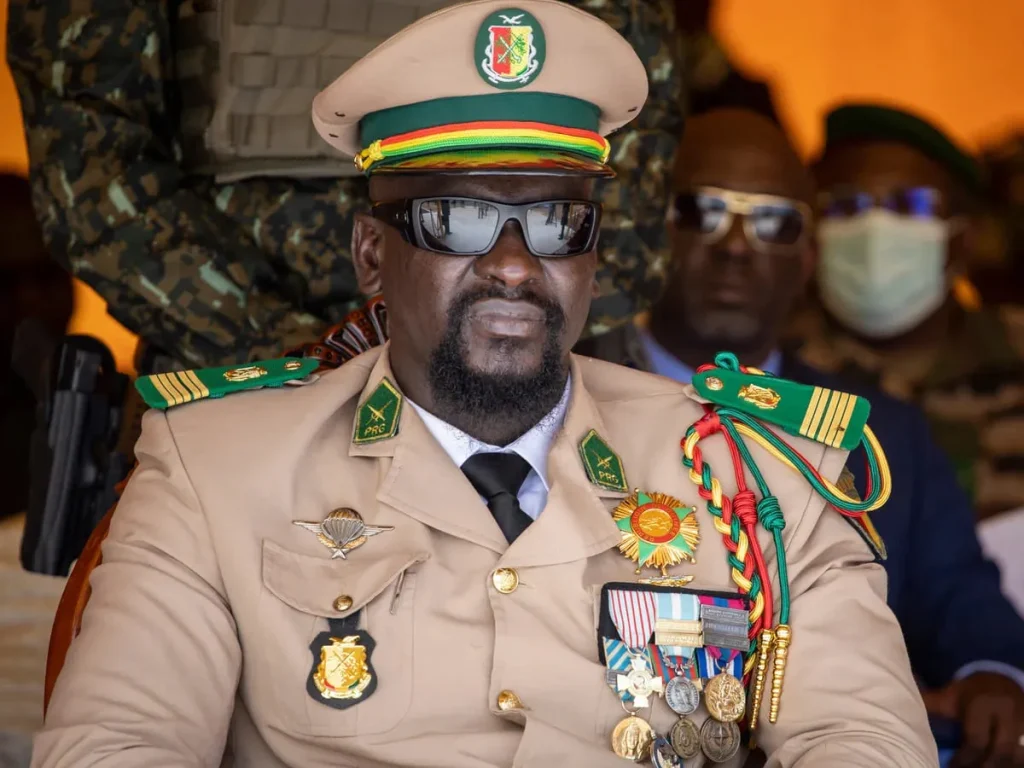French President Emmanuel Macron has made a compelling case for joint UK-France recognition of a Palestinian state, calling it “the only hope for peace” in a region plagued by conflict.
The announcement came during a news conference as Macron concluded a three-day state visit to Britain, standing alongside UK Prime Minister Keir Starmer.
Macron stressed his desire to “initiate this political dynamic,” framing the move as a critical step toward stabilizing the Middle East amid ongoing tensions.
Diplomatic Context
The proposal emerged at the tail end of Macron’s visit, which focused on strengthening bilateral ties across migration, defense, and support for Ukraine.
His call for Palestinian statehood reflects France’s long-standing advocacy for a two-state solution, a stance that aligns with UN resolutions but has faced hurdles due to geopolitical complexities.
Starmer’s presence at the press conference suggested openness to the idea, though he refrained from committing the UK outright, indicating a cautious approach to such a significant policy shift.
Strategic Implications
Macron’s initiative could signal a broader European push to reshape Middle East diplomacy, potentially pressuring other nations to follow suit.
Recognition by two major powers like France and the UK might bolster the Palestinian Authority’s legitimacy, offering a counterbalance to Israel’s current stance.
However, this move risks straining relations with Israel and the U.S., which have historically opposed unilateral recognition without direct negotiations.
The timing, amid heightened regional instability, underscores Macron’s urgency, though the practical execution and global response remain uncertain.
Background and Challenges
The Israeli-Palestinian conflict has persisted for decades, with peace efforts stalling over issues like borders, settlements, and security.
France’s prior recognition of Palestine in 2014 as a non-member observer state at the UN sets a precedent, but a joint declaration with the UK would elevate the gesture’s impact.
Critics argue that without Israeli agreement, such recognition might escalate tensions rather than resolve them.
Macron’s visit, marked by discussions on defense cooperation and migration, provided a platform to tie this proposal to broader geopolitical strategies, though domestic support in both nations will be key.
UK Perspective and Public Reaction
Starmer’s government, in power for just over a year, has prioritized international alliances, but the Palestinian issue remains divisive.
Public opinion in the UK is split, with some viewing recognition as a moral imperative and others fearing it could complicate ties with key allies.
Macron’s visit, featuring ceremonial events like a Windsor Castle banquet, contrasted with the weight of this diplomatic overture.
The Labour government may use this as a chance to assert a distinct foreign policy, though any decision will likely involve extensive consultation with stakeholders.
Looking Ahead
The proposal’s success hinges on coordinated action and international backing.
If pursued, it could reshape peace negotiations, but failure to align with other powers might limit its effectiveness.
As Macron returns to France, the ball is now in the UK’s court, with the next steps likely to unfold in coming months. This bold move could redefine Franco-British leadership on the global stage.























